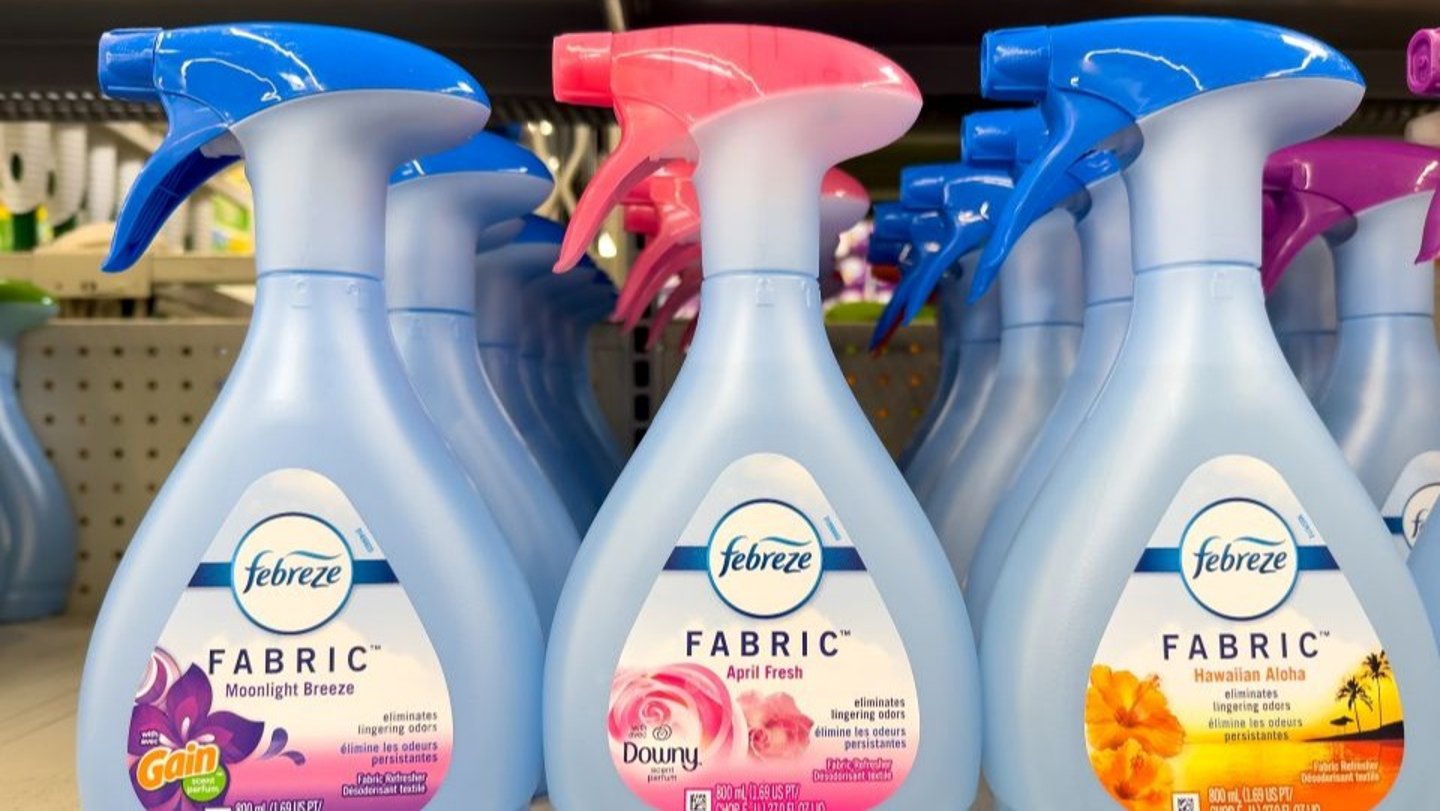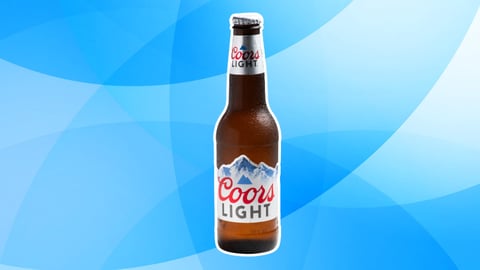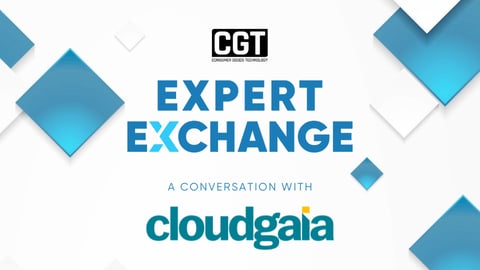P&G, Harvard Study Says Gen AI Gets CPG Teams Working 12% Faster
The generative AI (Gen AI) frenzy is hard to ignore, but with the technology bringing along a high proof of concept failure rate, more and more companies are seeking out concrete evidence of its value.
Procter & Gamble (P&G) put Gen AI to the test by collaborating on a study with Harvard Business School’s Digital Data Design Institute and Wharton Business School’s Artificial Intelligence Innovation Network to determine just how effective it is in optimizing team productivity.
In what P&G describes as a "live hackathon," the company set up 776 employees from its commercial and R&D functions in a one-day virtual product development workshop where they developed a new solution that solved a real business challenge within their own unit.
The Experiment
Between May and July 2024, participants were randomly assigned to one of four situations:
- An individual working without Gen AI
- A team of two humans without Gen AI
- Individuals working with Gen AI
- A team of two humans plus Gen AI
Each team included a commercial professional and an R&D professional to foster “authentic cross-functional collaboration that reflects real-world organizational structures,” according to the study. Those with access to generative AI used Microsoft Azure built on GPT-4. These participants received a one-hour training session on how to prompt and interact with the Gen AI tool for CPG-related tasks.
The experiment looked to answer three key questions:
- Does Gen AI provide the performance gains traditionally attributed to teamwork?
- Does Gen AI enable a broadening of expertise even when employees lack certain specialized knowledge and skills?
- Can Gen AI offer the kind of social engagement that we typically associate with human collaboration?
As part of this, the study examined whether AI can help employees produce high-quality work at scale and help expand past their typical functional limits (i.e., R&D professionals producing commercially viable ideas or commercial professionals developing technically sound solutions).
The companies also considered social impact, looking at how AI affects emotional experiences that traditionally emerge in human-to-human interaction.
Also read: Learn How P&G Is Using AI and Automation for Faster, Smarter Operations
The Results
P&G found that teams working with Gen AI were about 12% faster than those who did not have access to the technology. Results suggested CPG companies see peak performance when they use the technology as a support mechanism and not to replace human interaction.
In terms of cross-collaboration, the study found that AI helped employees with different backgrounds develop more balanced solutions, regardless of their individual expertise. On a socio-emotional level, the study identified that AI helped to elevate the employee experience, having an overall positive impact on morale.
"This study affirms what we've long suspected: AI is a game-changer for innovation. Whether employees are brainstorming solo or collaborating with others, AI provides a powerful boost, unlocking new ideas and accelerating our speed to innovation,” said P&G chief R&D and innovation officer Victor Aguilar in a statement.






